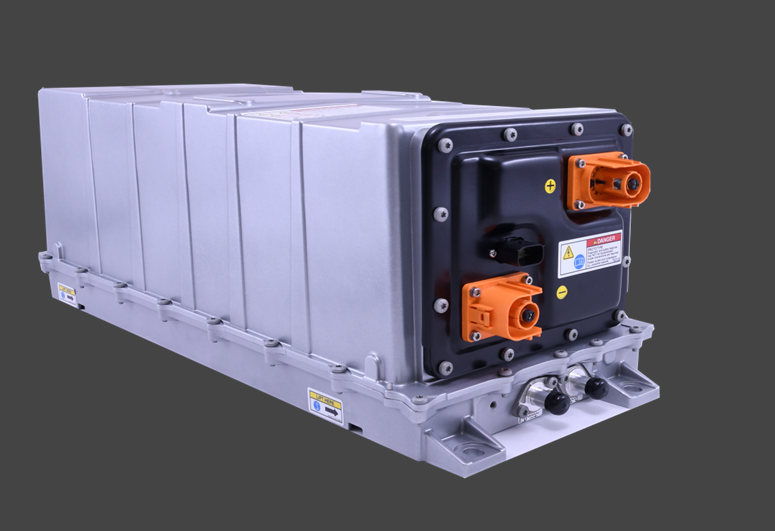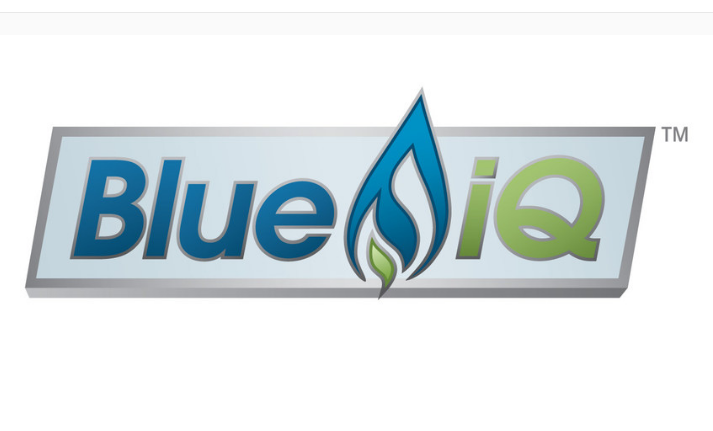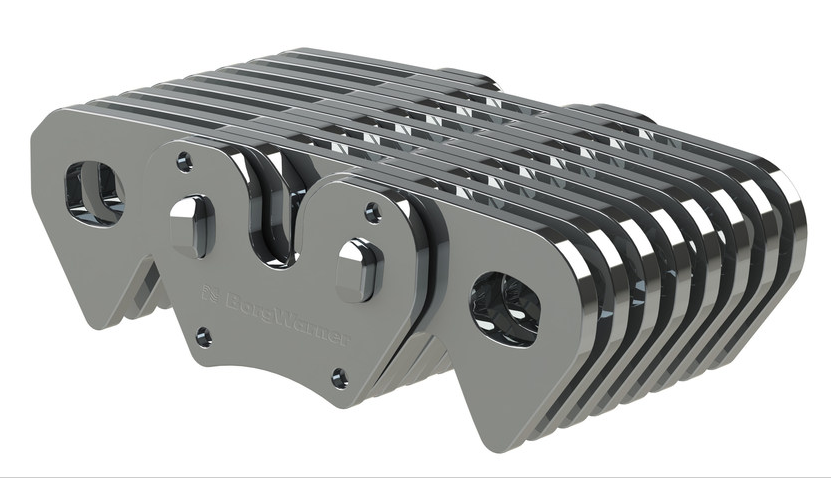The U.S. Department of Energy (DOE) is providing $5 million to support two projects, coordinated by 3M and Eaton Corp., that are aimed at developing advanced components for fuel-cell systems.
These three-year projects will focus on ‘meeting specific cost targets and boosting the performance of fuel-cell systems for vehicles and stationary applications,’ the DOE says. The department's target for vehicles includes achieving, by 2017, hydrogen fuel-cell systems that feature a peak efficiency of 60%, cost $30/kW and have 5,000 hours of durability (equivalent to 150,000 miles of driving).
To date, the department's fuel-cell R&D work has helped put more than 30 products into the market and reduced the cost of fuel cells by 80% since 2002.
3M will collaborate with General Motors, Lawrence Berkeley National Laboratory, and Michigan Technological University to develop a high-performance membrane electrode assembly for use in mass-produced fuel-cell electric vehicles. The approach is based on 3M's nanostructured thin-film catalyst technology platform.
Eaton, Kettering University, Ballard Power Systems and Electricore Inc. will work on engineering and demonstrating a new fuel-cell air-management system. To achieve this goal, Eaton will be modifying its existing ‘twin vortices’ blower supercharger technology.






